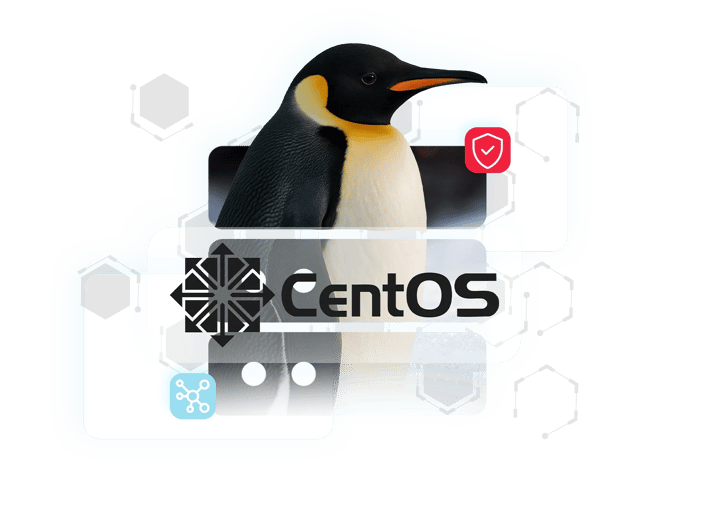Securing your CentOS VPS is crucial to protect it from unauthorized access and data breaches.
Here are the most important security practices for CentOS servers:
Enable the firewall using firewalld or iptables:
sudo systemctl enable firewalld
sudo firewall-cmd --add-service=http --permanent
sudo firewall-cmd --reload
Keep your system updated regularly:
sudo yum update -y
sudo dnf update -y
Use SELinux in enforcing mode for kernel-level access control.
Disable direct root login and use SSH key authentication instead:
sudo nano /etc/ssh/sshd_config PermitRootLogin no
Schedule automatic backups or snapshots using control panel tools.
Install Fail2Ban or CSF to protect against brute-force attacks.
By following these steps, your CentOS VPS will stay hardened, secure, and ready for production-grade hosting.
![What is VPS? [A Definitive Guide on VPS Hosting for Beginner's] What is VPS? [A Definitive Guide on VPS Hosting for Beginner's]](https://monovm.com/cdn-cgi/image/width=423,quality=80,format=auto/https://monovm.com//wp-content/uploads/2019/11/VPS866-750273-847xAuto665-750xAuto.webp) 17 Dec 2024 / 816 comments
17 Dec 2024 / 816 comments







































































































